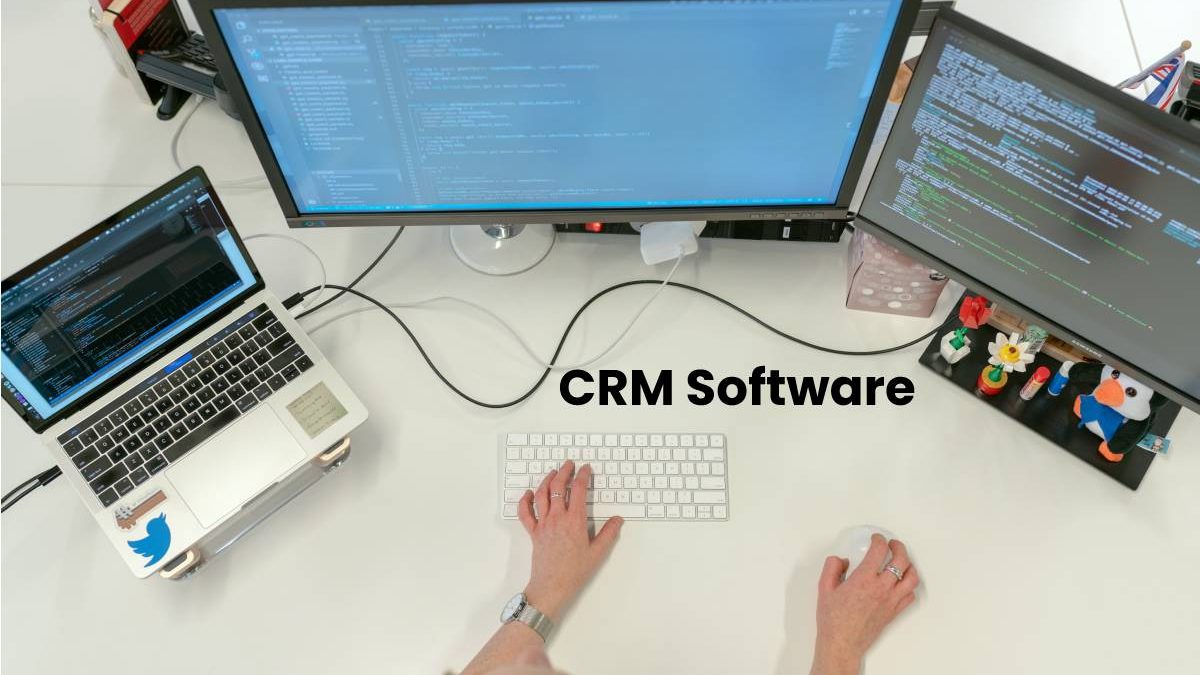A CRM or “Customer Relationship Management” software for its acronym in English. It is a type of marketing program that allows the management of customer contacts, the relationship with them and the administration of other aspects of business management. For all this, it is a handy application for companies.
Table of Contents
Types of CRM according to their functions

Today many CRM programs have a large number of functions. But they are categorized into three large groups, analytical, operational and collaborative. Each of these offers exceptional support for specific tasks of companies. We describe them below:
Analytical CRM Software
Analytical CRM software is focused on decision making. They use databases where previous decisions are recorded, such as sales made, services rendered and clients they have. Thanks to this, CRM programs of this type allow:
- Create sales strategies.
- Optimization and monitoring of promotions and the desired service points.
- Preparation of reports on the impact in various areas (promotion, communication, sales, customer satisfaction, etc.)
Collaborative CRM Software
Collaborative CRM software is a handy tool to improve communication channels in companies. It is because they allow the creation of databases with the means of contact of the clients (emails, telephone numbers, shipping addresses, etc.). Therefore, the main functions of this type of program are:
- Improve communication with all customers.
- Manage communication channels with customers.
- Complement 1×1 marketing strategies.
- Operational CRM Software
Operational CRM software is the most versatile in automating services and tasks. Thus, the functions of this type of program are:
- Facilitate interaction with customers.
- Refine interviews with customers and obtain from them information for marketing and sales.
- Make it easier to manage sales, marketing or customer service.
On the other hand, this type of CRM program can also be classified according to the way it operates. In this way we find:
Front-office CRM: CRMs of this type come into direct contact with customers by automatically communicating with them, offering services and products, or recording calls and conversations to improve customer service.
CRM Back-office: In this modality, the programs do not directly help interact with the clients. But, it makes it easier by offering computer support, such as support in the shipment of products or their coordination.
Types of CRM According to Their Means of Access
With the advent of the internet, most CRM software migrated from physical formats that were licensed with features designed for each business. To online platforms that offer standardized tools. They described below:
cloud CRM
These types of programs are also known as CRM on Demand. They are low-cost software that offers standardized services and also, utilities for companies. They are usually acquired by purchasing a monthly license, and also, the program is accessed through an online storage cloud .
CRM-on-Premise
Some businesses, especially larger ones, require support and solutions for specific customer interactions. For this reason, it is normal for them to acquire CRM on Premise software. All though, these differ from “CRM on Demand” in that their functions are tailor to the company that will use them. Commonly, they are acquired through a license that gives them ownership of the same software.
Tools and Features
As CRM software has been developed, more and more tools and also, functions are add that make these applications much more versatile and valuable. Below we highlight some of the most mutual tools that are usually integrate into these applications:
Database
This tool makes it possible to keep a detailed record of customers, sales, and also, other elements that facilitate sales and marketing strategies. Currently, most of these databases have the option of backup in a cloud on the internet.
Logs and Recordings
Many CRM programs allow you to store emails and chats and also, record phone calls and video calls. It is to improve customer service.
Project Managers
These functions integrate various tools with which it is possible to design projects of different types, but they are perfect for organizing marketing and sales campaigns.
Centralization of Contact Channels
From modern CRM platforms, it is possible to organize all the means of contact companies have with customers (emails, social networks, telephony, etc.). With this, program users can contact customers by any of these means from a single computer.
Integration With Other Platforms
Many CRM programs available on the market have integration tools with other platforms. Such as those of Google’s G Suite, with which it becomes possible to use the tools of the second from the CRM program.
Management Summaries
The most advanced CRM software has tools to obtain graphical summaries of different company issues from time to time. From finances, sales, the scope and also, efficiency of marketing strategies, etc.
Advantages and Disadvantages
Like much other software, CRMs offer companies that implement them both advantages and disadvantages. It is up to them to understand the capabilities of programs to get the most out of their tools.
Advantages
- Many CRM applications can generate various progression summaries, with which it is possible to put the strengths and also, weaknesses of companies into perspective.
- Companies find it much easier to apply personalized marketing techniques by creating customer databases, which can be very effective.
- Thanks to standardized approaches to customer service, CRM programs ensure smoother relationships with customers.
Disadvantage
- Several CRM software offers the option to record conversations with customers for later evaluation. But it adds tasks that end up making the interaction less fluid.
- Companies that want to make good use of the benefits of CRMs require mandatory digitization. With the inconveniences that this implies, the need for staff training, equipment acquisition, etc.
Conclusion
Customer relationship management remains a process in which a business or other group administers its interactions with customers, usually using data analysis to study large amounts of information.
Also Read: What is Philosophical Knowledge? – Characteristics, Examples, and More


